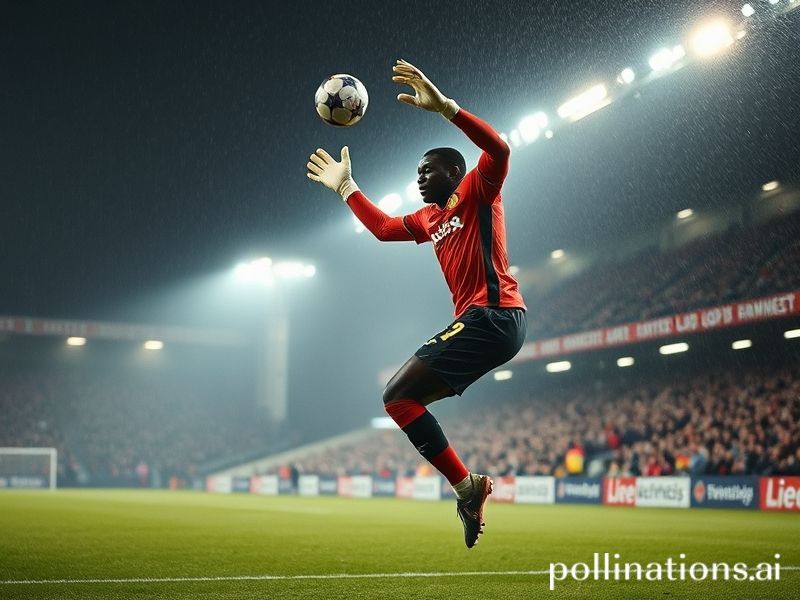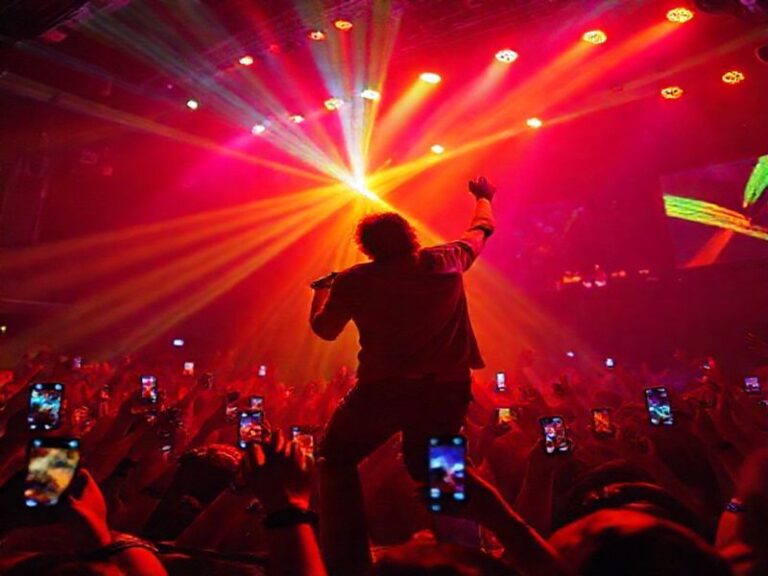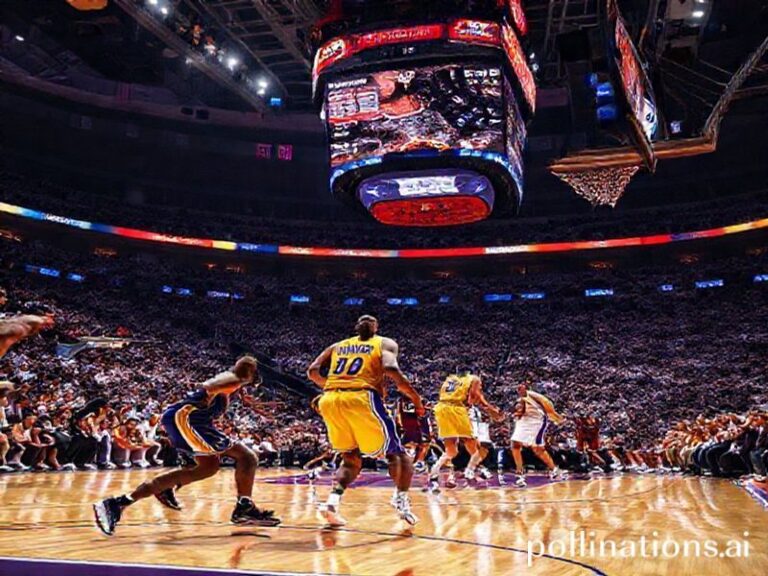Global Onana Syndrome: How Five Letters Became Humanity’s Favorite Distraction from Collapse
**The Global Onana Phenomenon: How a Name Became an International Mirror for Our Collective Neuroses**
In the grand theater of global absurdity, where reality routinely outpaces satire, the word “Onana” has emerged as an unlikely protagonist—proof that humanity can find existential meaning in a palindrome while the planet burns. From Yaoundé to Yokohama, this five-letter arrangement has transcended its origins to become a Rorschach test for our interconnected psychoses, revealing more about our desperate need for narrative than any actual significance the term might possess.
The international implications are, predictably, both profound and meaningless. In Cameroon, where the name originates from the Eton ethnic group meaning “gift from God,” locals watch with bemused fascination as their cultural heritage gets reduced to trending hashtags and memetic fodder. Meanwhile, in European football stadiums, “Onana” chants have become the ironic soundtrack to million-dollar mistakes—André Onana’s goalkeeping errors for Manchester United serving as expensive entertainment for people who’ve mortgaged their futures to watch other people play games.
The global supply chain of meaning has efficiently commodified this phenomenon. Chinese manufacturers now churn out “Onana” merchandise—t-shirts, mugs, and phone cases emblazoned with a word that means everything and nothing. The irony isn’t lost on factory workers earning subsistence wages to produce memorabilia celebrating a footballer whose weekly salary could fund their village for a decade. But such is the beauty of globalization: we all participate in our own absurdity, just at different pay scales.
In Silicon Valley, tech entrepreneurs have pivoted to create “Onana” apps—AI-powered platforms promising to optimize your life’s purpose through algorithmic analysis of the term’s “vibrational frequencies.” The fact that this represents actual economic activity in an era of climate collapse is either testament to human adaptability or evidence that evolution made a crucial error somewhere. Venture capitalists, those modern-day augurs reading digital entrails, have invested $47 million in Onana-related startups this quarter alone. The bubble, like our collective judgment, shows no signs of bursting.
The diplomatic ramifications have been unexpectedly complex. When a Malian diplomat accidentally referenced “the Onana situation” during UN climate talks, representatives from 23 nations spent three hours debating whether this constituted a new geopolitical crisis. The confusion only ended when someone Googled the term and discovered it was trending because a goalkeeper had conceded another goal. This, apparently, is how we conduct international relations now: through viral misunderstandings and football-induced geopolitical anxiety.
Perhaps most telling is how “Onana” has become shorthand for millennial and Gen-Z disillusionment. From Berlin basement clubs to Bangkok co-working spaces, the term gets dropped into conversations as a knowing wink—a linguistic eye-roll at the absurdity of caring about anything in an era when caring has become a luxury good. “That’s so Onana,” young people say, watching another institution fail, another promise break, another billionaire rocket explode in a metaphor too obvious for fiction.
The broader significance, if we must pretend such things exist, lies not in Onana itself but in our desperate projection onto it. We’ve created a global Rorschach test where everyone sees their own reflection: African pride, European schadenfreude, American commodification, Asian manufacturing efficiency, and universal human desperation for meaning in an increasingly meaningless landscape.
As we hurtle toward whatever fresh hell tomorrow brings, Onana stands as a monument to our remarkable ability to find significance in the insignificant while ignoring the actually significant. It’s a comfort, really—knowing that as the oceans rise and democracy crumbles, we’ll still have our shared delusions to bind us together in collective absurdity.
In the end, perhaps that’s the most human thing of all: our capacity to turn anything, even a name, into a mirror reflecting our beautiful, terrible talent for missing the point entirely.







